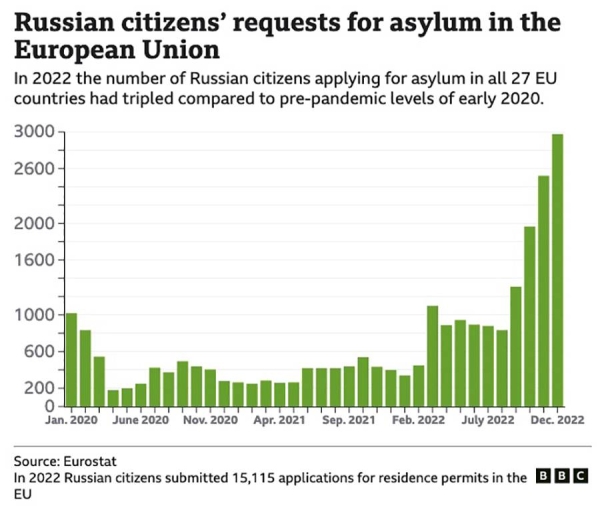
It was about 1am last Thursday when Dorothy Masika was woken by the rumble of water and boulders as they crashed down Mount Rwenzori.
Then came the alarms raised by those living in the hilltop areas, those who could run, racing down to warn people along the valley and lowlands to run. A torrent of water was on its way down the mountain. Four rivers in Kasese district – the Nyamwamba, Mubuku, Nyamughasana and Lhubiriha – had burst their banks.
“I realised a disaster was coming. It was a matter of life and death,” Masika, 34, tells the Guardian. “I ran back to the house to wake up my husband and children. I knocked and alerted our neighbours. The floods and stones are coming to kill us,” she says.
That night heavy rains in the area of western Uganda swept away homes, schools, submerged farms, cut off bridges and left several roads inaccessible, affecting 24,760 houses and an estimated 173,000 people, according to a disaster committee interim assessment report.
“We couldn’t sleep on the hill. It was so cold. The children were crying. There was nothing I could do,” says Masika as she lights a fire to cook at a makeshift home in Kilembe, about 10km north-west of Kasese town.
“We came back in the afternoon after the water had receded and saw the great devastation of the floods. The water destroyed and swept away everything,” she says. “We have been left homeless and very desperate. Where do we start from? We need urgent assistance.”
A few kilometres down the road of this tourist region, Philly Donald Baluku, a travel guide, said the impact was a disaster. “I have been working as a tour guide on a contract basis. The tourism sector closed because of Covid-19 restrictions. The floods have rendered me homeless now,” says Baluku.
“What do I do? I have nine dependents. My brother has offered us a single room to stay. But we don’t have bedding and food. We are living in a very hopeless and desperate situation.
“All my property, banana plantations, vanilla and crops which I was supposed to harvest in September were swept away.”
The floodwater destroyed the Nyamwamba hydroelectric power station, and overran the wards, mortuary and drug stores of Kilembe Mines hospital.
The villages of Kyanjuki, Bulembia and Katiri are now buried under mud and huge stones that were propelled down the mountain. Homes on lower land are submerged in water.
“I haven’t seen anything like this. I’m seeing for the first time where everything has been run down,” says Stephen Oluka, the director of Uganda’s National Emergency Coordination and Operations Centre, on a visit to Kasese town.
“The infrastructure has been damaged. The hospital and power station has been overrun. People’s houses along the path have all been swept away. Gardens, crops and cows have been taken away,” he says.
Schools and churches have been designated temporary displacement camps.
“The living conditions are bad and alarming. The basic facilities are lacking,” says Catherine Kugoza, 37, a mother of six, sheltering in Karusandara church, about 20km south of Kasese.
“We are starving. People are taking dirty water from the stream. The one latrine is full. People are defecating in the open. This is a recipe for disease outbreaks like cholera and dysentery.”
When the Guardian visited Karusandara on Saturday, the camp was hosting more than 1,000 people, mostly women and children, with just 18 tents supplied by Save the Children.
“It’s a crisis situation. We have children in the camps. They don’t have blankets, they need mosquito nets, people don’t have food,” says Robert Centenary, a lawmaker for Kasese municipality. “People don’t have supplies for purifying water; they don’t have utensils to use in the camps. The situation has caused an appalling sanitation crisis. We may end up degenerating into a cholera outbreak.
“We really need a lot of water and sanitation support. We want the government to immediately come to the rescue of the people.”
The Uganda Red Cross Society says the immediate needs include shelter, food, bedding, mosquito nets, utensils, mobile toilets, water storage facilities and tarpaulins. It is appealing for more resources.
Oluka says overcrowding in makeshift centres had complicated efforts to combat Covid-19. “The guidelines have been compromised. I didn’t see anyone [displaced] in the camps with a mask. The leaders are telling people to maintain social distancing but it’s not attainable. There is overcrowding in camps.”
He adds: “I don’t think they are now bothered about coronavirus, which they haven’t seen. They are bothered about what has affected them now [floodings], safety from waters and their livelihoods.”
In its outlook for March to May, Uganda’s National Meteorological Authority warned of heavy rainfall over several parts of the country, which could lead to flooding and landslides, causing loss of lives, destruction of property and infrastructure.
Floods and landslides have killed 194 people in neighbouring Kenya and 65 in north-west Rwanda in the past week. On Sunday morning, there was another wave of flash floods in Uganda.
“We have looked at the magnitude of the problem. It is too huge. It requires immediate, medium and long-term interventions,” says Oluka.
“The government will look at shifting people from the dangerous areas in Rwenzori to safer areas when funds can allow.”












